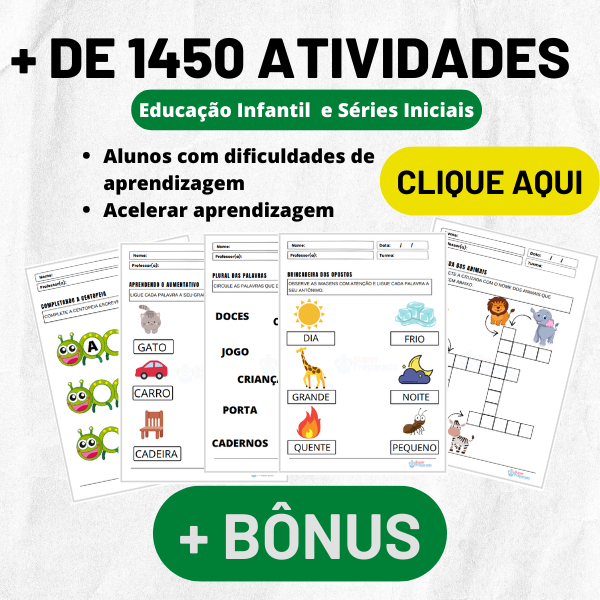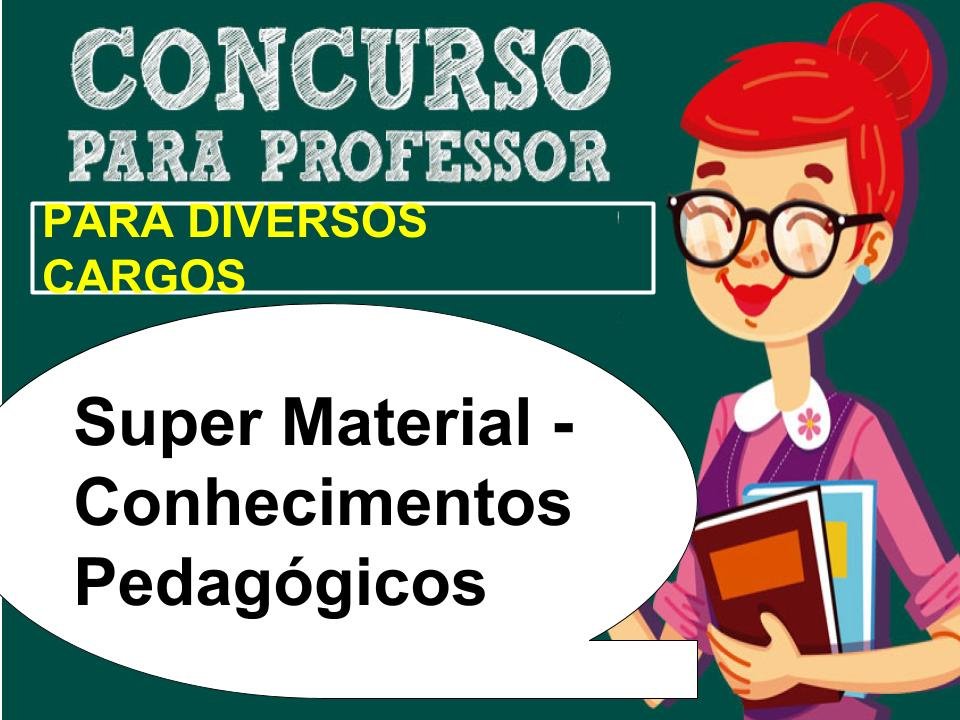Para Baixar em PDF:
Simulado 14 Concurso Professor De Inglês
1.Read text 1 and answer questions 1 to 7:
Text 2
What is TBL?
How often do we as teachers ask our students to do
something in class which they would do in everyday life using
their own language? Probably not often enough. If we can
make language in the classroom meaningful therefore
5 memorable, students can process language which is being
learned or recycled more naturally.
Task-based learning offers the student an opportunity to
do exactly this. The primary focus of classroom activity is the
task, and language is the instrument which the students use to
10 complete it. The task is an activity in which students use
language to achieve a specific outcome. The activity reflects
real life and learners focus on meaning; they are free to use
any language they want. Playing a game, solving a problem or
sharing information or experiences can all be considered as
15 relevant and authentic tasks. In TBL an activity in which
students are given a list of words to use cannot be considered
as a genuine task. Nor can a normal role play if it does not
contain a problem-solving element or where students are not
given a goal to reach. In many role plays students simply act
20 out their restricted role. For instance, a role play where
students have to act out roles as company directors but must
come to an agreement or find the right solution within the
given time limit can be considered a genuine task in TBL.
In task-based lessons our aim is to create a need to learn
25 and use language. The tasks will generate their own language
and create an opportunity for language acquisition. If we can
take the focus away from form and structures we can develop
our students’ ability to do things in English. That is not to say
that there will be no attention paid to accuracy; work on
30 language is included in each task and feedback and language
focus have their places in the lesson plans. We feel that
teachers have a responsibility to enrich their students’
language when they see it is necessary but students should be
given the opportunity to use English in the classroom as they
35 use their own languages in everyday life.
The underlined word in “to achieve a specific outcome” (line 11)
can be replaced without loss of meaning by
(A) openness.
(B) service.
(C) fluency.
(D) result.
(E) grade.
2.In the fragment “Nor can a normal role play” (line 17), the
underlined word introduces an
(A) addition.
(B) emphasis.
(C) exception.
(D) Illustration.
(E) exclamation.
3.Text 1 makes it clear that TBL requires the following procedures
except:
(A) allowing free choices.
(B) attending to actual needs.
(C) dealing with real problems.
(D) creating meaningful activities.
(E) working with made up situations.
4.In the fragment “where students have to act out roles” (lines 20
and 21), “have to” means
(A) should.
(B) must.
(C) may.
(D) will.
(E) can.
5.The text states that students should be “given a goal to reach”
(line 19). This means they should
(A) get a score.
(B) fulfill an aim.
(C) end a purpose.
(D) create a condition.
(E) express an intention.
6.Here are four classroom activities:
I. Working out a jigsaw puzzle in pairs.
II. Repeating language patterns in group.
III. Listening to the pronunciation of unfamiliar words.
IV. Deciding with a partner on how to arrange items in a house.
Indicate the alternative where the activities are in line with task-
based learning as defined in Text 1:
(A) I and II.
(B) I and III.
(C) I and IV.
(D) II and III.
(E) III and IV.
7.Take away in “If we can take the focus away from form and
structures” (lines 26 and 27) has the same meaning as
(A) increase.
(B) remove.
(C) expand.
(D) extend.
(E) adjust.
8.Read text 2 and answer questions 8 to 10:
Text 2
In the following extract, the authors discuss some of the tenets of
the Brazilian National Curricular Parameters:
Changes in Brazilian Education
[…] the publication of the National Curricular Parameters
issued by the Brazilian Ministry of Education and Culture in
1998 (Secretaria de Educação Fundamental, 1998) have
replaced previous educational guidelines that emphasized skills
5 development and focused on standardized content. The
current policies comprise an interventionist agenda, and
propose the development of critical thinking through a
curriculum that:
• Helps students understand that knowledge is socially
10 constructed, reflecting knowledge makers’
experiences, beliefs and values;
• Shows how assumptions about hegemonic identities
are the effect of situated practices, varying according
to socio-cultural specifics of diverse historical contexts;
15 • Questions stereotyping that construct dichotomous
views of identities; and,
• Highlights the diversity and plurality of life that
constitutes social experience.
The Brazilian Curricular Parameters suggest that the
20 learning of foreign languages should provide students with
opportunities for acting in the world through discourses
besides the ones offered by their mother tongue. From this
perspective, TEFL should approach the way people act in
society through language, constructing the social world,
25 themselves, and others around them. The quote below
summarizes the document’s approach to language in society:
“Language use (both verbal and visual) is essentially
determined by its sociointeractional nature because whoever
uses language considers either an audience or an addressee.
30 This approach implies that meaning is dialogic, i.e., it is
constructed by all participants in discourse. Besides that,
interactional encounters do not occur in a social vacuum. They
involve institutional, cultural and historical contexts”.
(Secretaria de Educação Fundamental, 1998, p. 27, our
35 translation)
According to this view texts are purposefully constructed
by identifiable participants (e.g., author and audience) in
response to exigencies of time, place, and subject matter.
Therefore, in the foreign language classroom, students should
40 be encouraged to recognize and reconstruct these contexts
which influence the way texts are organized as well as the
lexical-grammatical components they contain — procedures
involved in the notion of critical thinking. This is to be
underpinned by the discussion of socially relevant topics, such
45 as gender-related issues, cultural pluralism, ethics, and
citizenship. The idea is that students can compare how these
topics are constructed in their mother tongue and in the
foreign language.
In the first paragraph, the authors explain that the Brazilian
National Curricular Parameters “replaced previous educational
guidelines that emphasized skills development and focused on
standardized content” (lines 4 and 5).
Choose the alternative that refers to the main skill supported by
these Parameters as presented in Text 2.
(A) Reading silently.
(B) Drilling patterns.
(C) Listening to interviews.
(D) Training pronunciation.
(E) Understanding cultures.
9.The underlined phrase in “The current policies comprise an
interventionist agenda” (lines 5 and 6) means
(A) present regulations.
(B) official politicians.
(C) continuous laws.
(D) usual politics.
(E) real outlaws.
10.Read the following sentences and mark true (T) or false (F).
( ) Grammar issues must be avoided at all costs.
( ) Lexis and grammar must be exclusive focus of the class.
( ) Lexical-grammatical components should not be disregarded.
The statements are, respectively:
(A) F – T – F.
(B) F – T – T.
(C) T – F – T.
(D) T – T – F.
(E) F – F – T.
gabarito
1-d
2-a
3-e
4-b
5-b
6-c
7-b
8-e
9-a
10-e
MAIS DE 300 ATIVIDADES DE MATEMÁTICA – PARA BAIXAR
MAIS DE 1450 ATIVIDADES PARA BAIXAR
MAIS DE 5 MIL QUESTÕES DE CONHECIMENTOS PEDAGÓGICOS
APRENDA INGLÊS HOJE! INSCRIÇÕES!
Cursos Online Gratuitos (COM CERTIFICADO)
Materiais PARA CONCURSOS E SELEÇÕES






